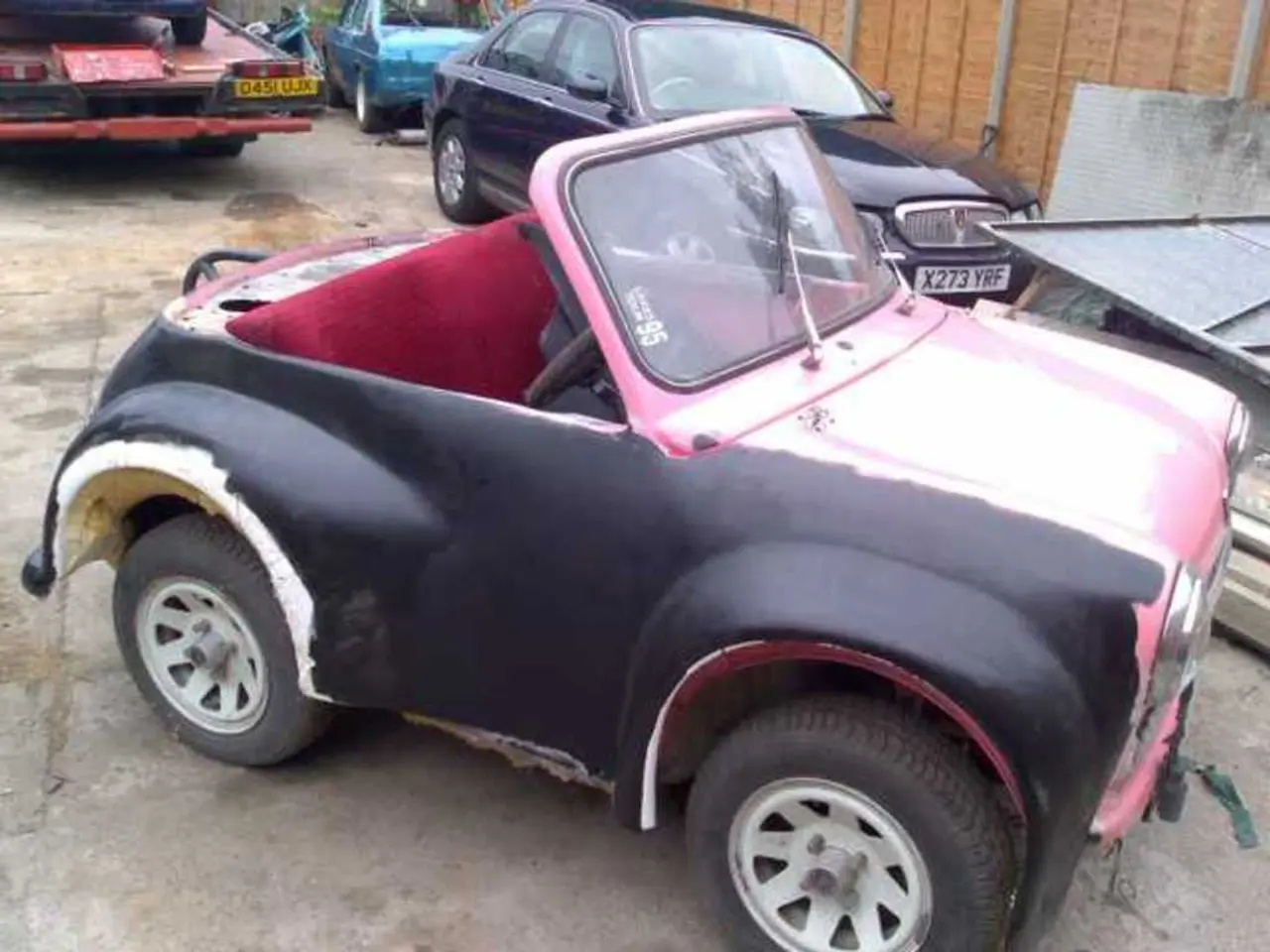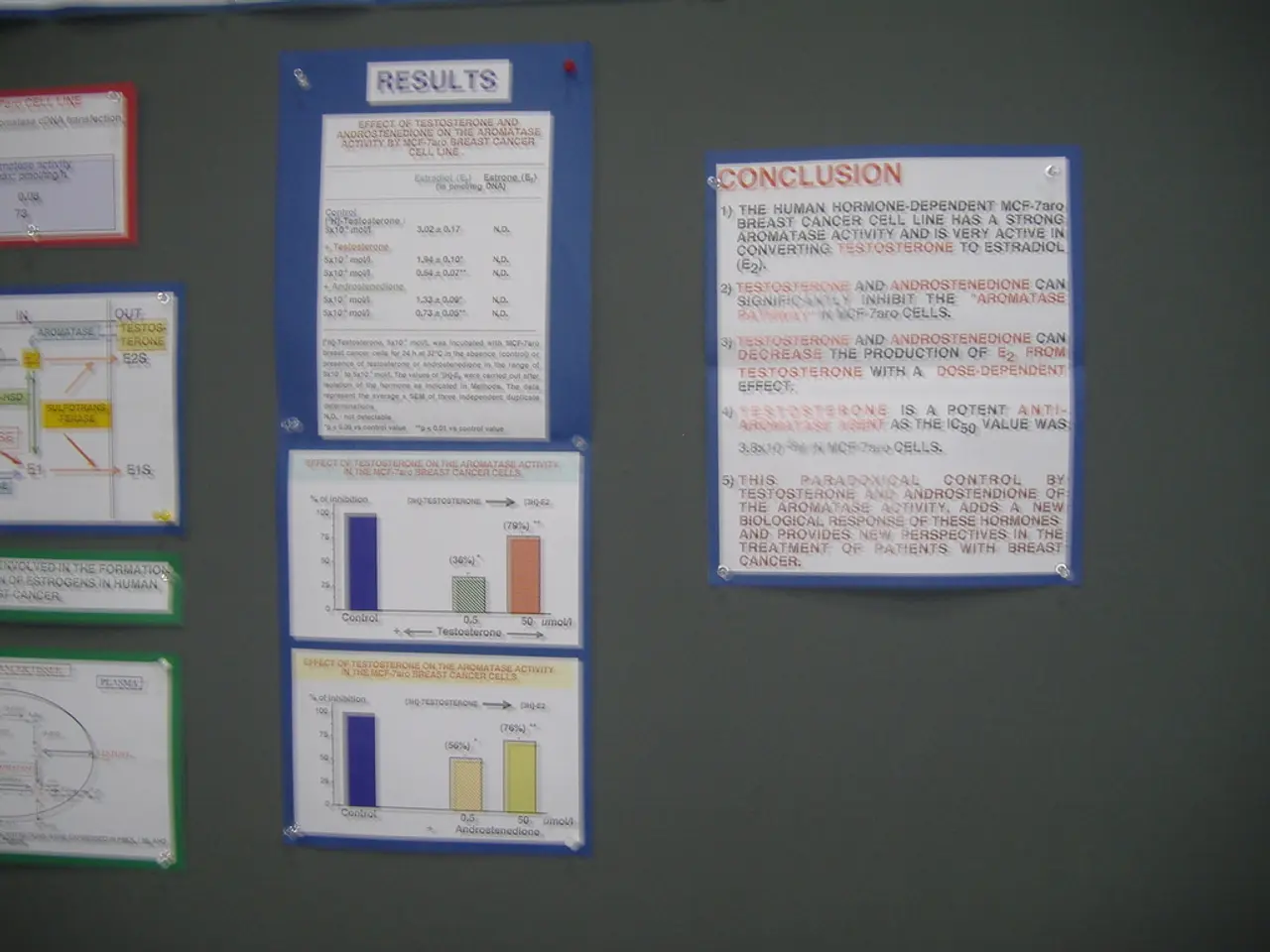Exploration of the Origin Story: Great Wall Motor (Initial Episode)
Great Wall Motor (GWM), a Chinese automaker with roots in Baoding, Hebei, has carved out a significant place in the global automotive industry. Founded by Wei Jianjun, GWM's growth story is one of resilience, innovation, and strategic partnerships.
The origins of GWM can be traced back to 1976, when Wei Deliang, Wei Jianjun's uncle, established the Great Wall Repair Factory, a small agricultural vehicle repair workshop in collaboration with the local government of Nandayuan Township. In the following years, the workshop evolved into the Great Wall Industry Company, producing commercial vehicles based on the Beijing BJ212, including small trucks and a large SUV.
Wei Jianjun, the future founder of GWM, worked in various industries before joining his father's company in 1986. He managed a factory that produced water pumps. Tragedy struck in 1989 when Wei Deliang passed away in a car accident, and the company reverted to local community ownership due to its cooperative status.
In July 1990, at the age of 26, Wei Jianjun was appointed director of the company for five years by the Nandayuan Township council, marking a turning point in the company's history. Under his leadership, GWM began to focus on passenger cars, producing copies of popular models like the Nissan Cedric (Y30) and the Toyota Crown (S130).
One of GWM's most successful ventures was the development of the Great Wall Deer, a pickup based on the Toyota Hilux, which hit the market in 1996. The Deer's price, about half of the Nissans and Isuzus made by state-owned joint venture companies, combined with its excellent quality, made it a resounding success.
GWM's growth continued, and in 1998, the local government privatised Great Wall Industry as Great Wall Motor Group Co Ltd, with Wei Jianjun receiving 25% of the shares. The Wei family, including Jianjun's father, mother, and wife, gradually acquired an increasing interest in the company, owning a total of 56% by 2001.
In 2006, the first tangible evidence of additional capital was the introduction of the Hover SUV. The following year, GWM listed on the Hong Kong Stock Exchange.
GWM's success continued with ventures into SUVs, such as the Safe, Sing, and Pegasus models, which gained similar success as the pickup. In 2019, GWM entered a joint venture with BMW Group to develop and produce Mini-branded battery electric vehicles in China. Construction of a manufacturing plant in Zhangjiagang, Jiangsu, was completed for this joint venture in 2020, with the first mass-produced Mini Cooper SE (J01) rolling off the production line in October 2023.
In 2025, GWM's chairman Wei Jianjun was involved in the context of price cuts and market competition in the Chinese electric vehicle market, illustrating GWM's active role in the evolving EV landscape.
From a local repair workshop to a major Chinese automaker with international joint ventures and a significant presence in electric vehicles, GWM's journey under Wei Jianjun's leadership is a testament to entrepreneurial spirit, innovation, and strategic vision.
The focus of Great Wall Motor (GWM) expanded beyond commercial vehicles to include passenger cars, particularly copies of popular models, as the company moved toward strategy-driven growth under Wei Jianjun's direction. In the realm of battery technology, G WM engaged in a joint venture with BMW Group in 2019, signifying a significant step within the automotive industry and finance, as they collaborated to develop and produce electric vehicles.




